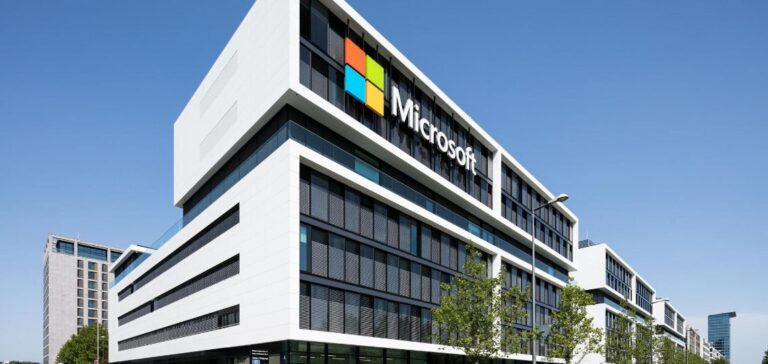AtmosClear BR, a subsidiary of the US investment firm Fidelis Infrastructure, announced it has signed a contract with Microsoft to supply 6.75 million tonnes of carbon removal over a 15-year period. This volume will be captured through bioenergy with carbon capture and storage (BECCS) technologies developed as part of a project located at the Greater Baton Rouge industrial port in Louisiana.
A facility based on plant residues
The site, currently in the development phase, will use biomass residues such as sugarcane bagasse and trimmings from forest management to produce energy while capturing biogenic carbon dioxide. According to Fidelis, the infrastructure will permanently store up to 680,000 tonnes of CO₂ annually, either by injecting it into geological formations or using it as feedstock for low-carbon synthetic fuels.
Construction is scheduled to begin in 2026, with commercial operations planned for 2029. The project is expected to represent an investment of over $800 million and could generate approximately 75 permanent jobs and 600 construction jobs, according to Fidelis estimates.
Strategic partnership with Microsoft
The contract with Microsoft is currently the largest permanent carbon removal transaction globally, based on data shared by Fidelis. This partnership is aimed at advancing the climate goals of the technology group, which intends to achieve a negative carbon footprint by 2030. Microsoft has committed in recent years to multiple high-durability CO₂ capture projects, aiming to diversify its supply of certified carbon removal solutions.
Daniel J. Shapiro, Chief Executive Officer of Fidelis Infrastructure, highlighted the importance of the deal for the engineered carbon removal technologies market, while noting the potential economic benefits for the Baton Rouge region, historically affected by the decline of the forestry sector.
A regional industrial dynamic
The deployment of the AtmosClear project in Baton Rouge forms part of a broader strategy for energy reindustrialisation in the southern United States. The materials used, primarily from agricultural and forestry chains, aim to valorise regional waste streams while supporting employment in areas impacted by the closure of multiple processing facilities.
For Microsoft, this type of collaboration with specialised operators allows the company to align its environmental targets with tangible industrial assets. Brian Marrs, Senior Director of Energy and Carbon Removal at Microsoft, praised the technical robustness of the Fidelis project and its strategic value as a scalable and durable solution on US soil.






















